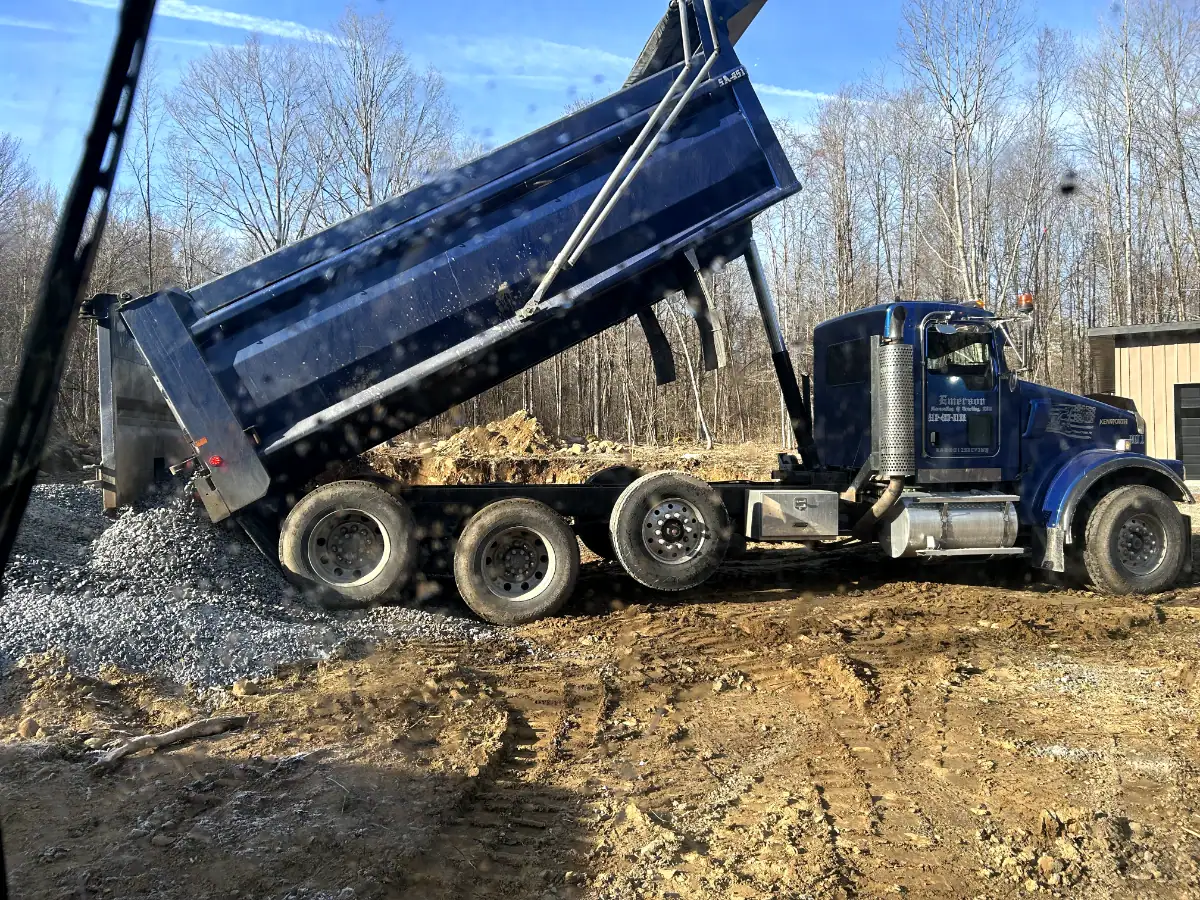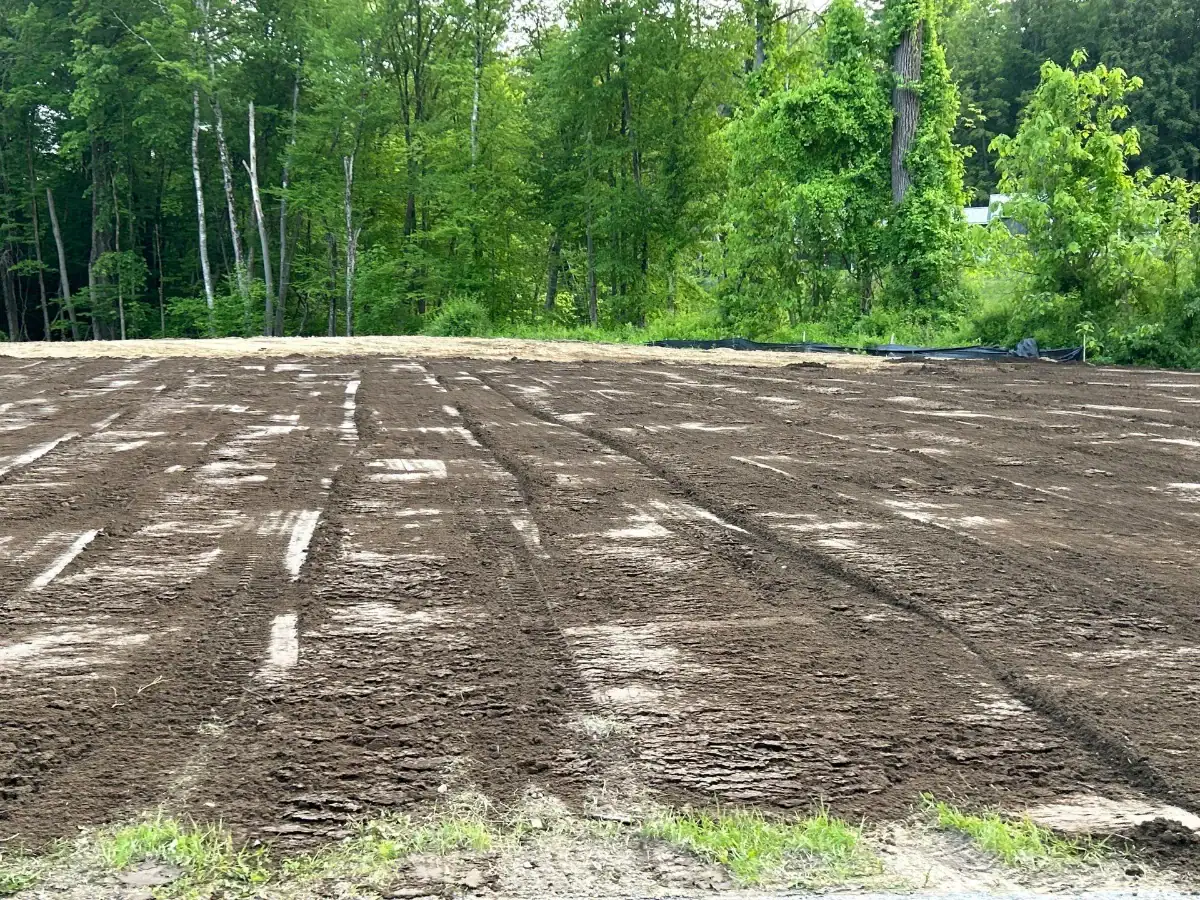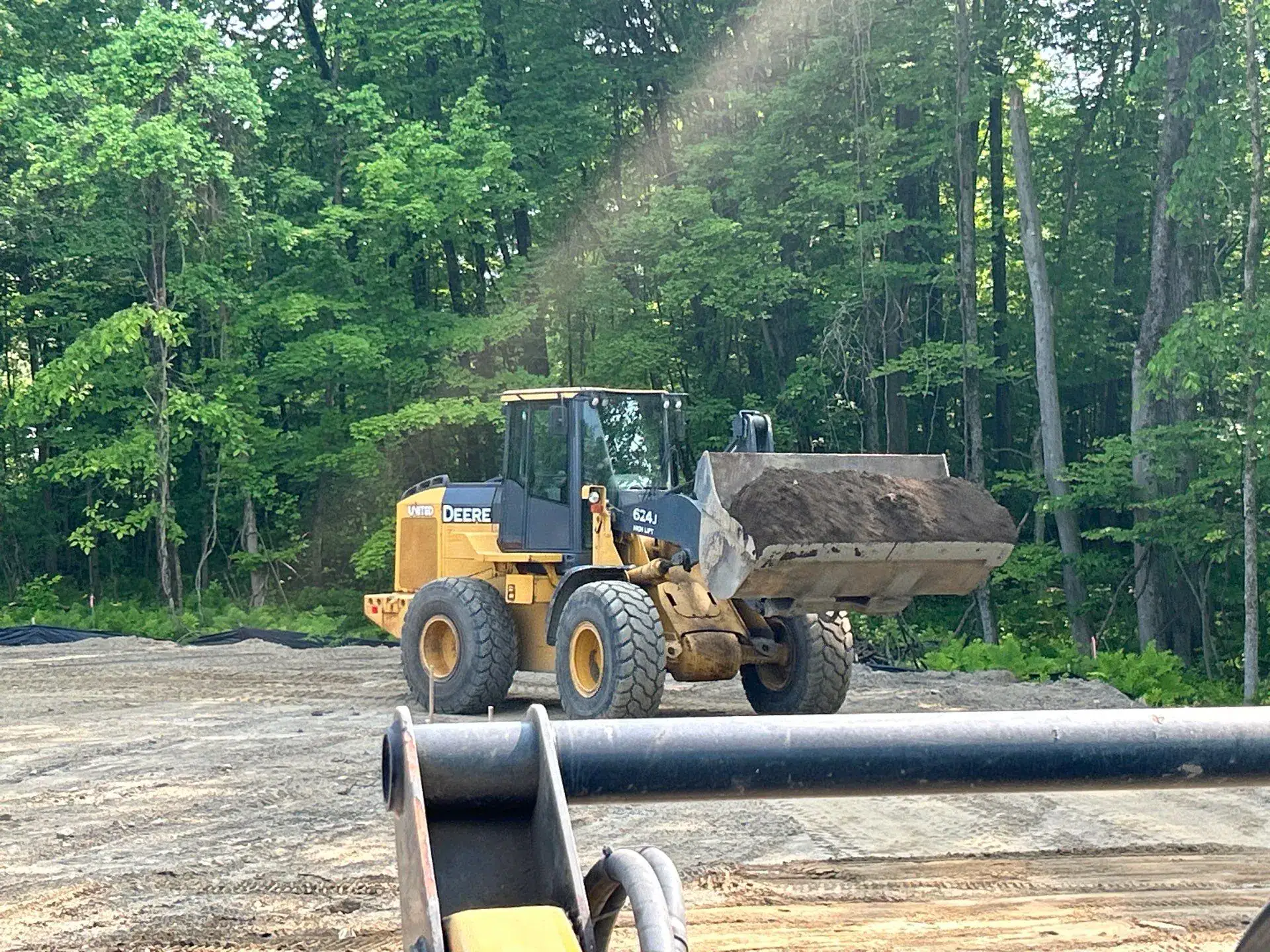Your complete guide to pre-construction planning and excavation preparation for homeowners in Saratoga County, NY.
Share:

Summary:
Before any excavation begins, you need to understand what you’re working with. Your soil tells the story of whether your foundation will stand strong or settle and crack over time.
Professional soil testing reveals composition, load-bearing capacity, and drainage characteristics. This isn’t optional—it’s the difference between a solid foundation and expensive repairs down the road.
Most homeowners in Saratoga County, NY can expect soil testing to cost $700 to $2,200, but this investment prevents problems that could cost tens of thousands later.

Soil testing goes far beyond just “dirt analysis.” It’s your early warning system for potential construction challenges that could derail your project.
The geotechnical report identifies soil composition, compaction levels, and water absorption rates. You’ll learn if your soil can support your planned structure without settling or shifting. Clay-heavy soils require different foundation approaches than sandy or rocky conditions.
Testing also reveals contamination issues that could halt construction entirely. Volatile organic compounds, heavy metals, or other pollutants might require remediation before you can proceed. In earthquake-prone areas or regions with unstable soil, additional testing ensures your foundation design meets safety requirements.
The report guides your excavation contractor’s approach, equipment selection, and timeline. Rocky soil means different machinery and potentially higher costs. High water tables might require drainage solutions or waterproofing measures.
Don’t let soil surprises ambush your project. Professional testing gives you the information needed to plan properly and budget accurately from day one.
New York State excavation regulations aren’t suggestions—they’re legal requirements that protect you, your neighbors, and underground infrastructure. Understanding these rules prevents costly violations and project shutdowns.
Every excavation project requires calling New York 811 at least 48 hours before digging. This free service marks underground utilities, preventing dangerous and expensive utility strikes. Hitting a gas line or electrical cable can cost thousands in repairs and put lives at risk.
Local building departments in Saratoga County, Warren County, and Washington County each have specific permit requirements. Some municipalities require permits for excavations over certain depths or square footage. Others mandate engineering reviews for projects near property lines or existing structures.
The permit process typically costs $50 to $400, depending on project scope. Factor in additional time for review and approval—rushing this step leads to violations and work stoppages.
Your excavating contractor should handle permit applications and utility marking coordination. If they’re pushing you to skip permits or “handle it later,” find a different contractor immediately.
Want live answers?
Connect with a Emerson Excavating and Trucking expert for fast, friendly support.
Your excavation contractor literally sets the foundation for everything that follows. Choose wrong, and you’re looking at foundation problems, cost overruns, and safety issues that plague your entire project.
The right contractor brings more than just equipment—they provide expertise in soil conditions, local regulations, and problem-solving when unexpected challenges arise. They understand Saratoga County’s unique soil characteristics and municipal requirements.
Don’t just pick the lowest bid. Focus on experience, proper licensing, insurance coverage, and local references from recent projects.

The right questions separate professional excavation contractors from operators who might cut corners or lack proper expertise. These conversations protect your investment and ensure project success.
Start with licensing and insurance verification. Any legitimate contractor provides documentation without hesitation. Ask about their experience with projects similar to yours in size, scope, and soil conditions. You don’t want your property becoming their learning experience.
Discuss their equipment and approach to your specific site conditions. Do they have the right machinery for your soil type and access requirements? How do they handle unexpected challenges like rock formations or high water tables?
Get detailed timelines and communication protocols. How often will they update you on progress? What happens if weather delays the project? How do they handle change orders or unexpected costs?
Ask for recent local references and actually call them. Previous customers provide honest insights about work quality, communication, and problem-solving abilities. Don’t skip this step—it reveals more than any marketing material ever could.
Certain warning signs indicate an excavation contractor might create more problems than they solve. Recognizing these red flags saves you from costly mistakes and project disasters.
Door-to-door solicitation raises immediate concerns. Professional contractors earn business through referrals and reputation, not cold calls. Similarly, contractors who pressure you to sign immediately or offer “today only” pricing are usually trouble.
Lack of proper licensing, insurance, or local references signals unprofessionalism. Contractors who can’t provide documentation or seem evasive about credentials shouldn’t touch your property. The same goes for those who suggest skipping permits or utility marking.
Unusually low bids often indicate corner-cutting or hidden costs that surface later. Quality excavation work requires proper equipment, skilled operators, and adequate time. Rock-bottom prices usually mean something essential gets sacrificed.
Poor communication during the bidding process predicts worse communication during construction. Contractors who don’t return calls, provide vague estimates, or seem disorganized will likely bring these problems to your job site.
Trust your instincts. If something feels off during initial conversations, it probably is. The right contractor should make you feel confident and informed, not pressured or confused.
Proper pre-construction planning transforms what feels like an overwhelming process into a manageable series of steps. When you understand soil conditions, secure proper permits, and choose the right contractor, you’re setting up for success rather than scrambling to fix problems.
The investment in soil testing, permits, and quality contractors pays dividends throughout your entire project. You’ll avoid foundation problems, stay on schedule, and have confidence that your home sits on solid ground.
Ready to get started with your excavation project? We at Emerson Excavating and Trucking bring decades of experience to homeowners throughout Saratoga County, Warren County, and Washington County. We handle everything from initial site evaluation through final grading, ensuring your project starts strong and stays on track.
Article details:
Share:
Continue learning: